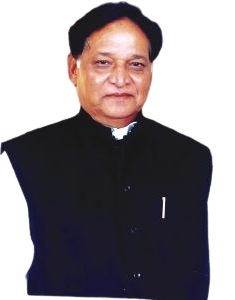
Shri Dadasaheb Gawai Charitable Trust, Amravati
Takshashila Mahavidyalaya Amravati
Shyam Nagar, Congress Nagar, Amravati 444604 (M.H)
(Affiliated to Sant Gadge Baba Amravati University)



The Department of Sociology, University Sant Gadgebaba Amravati university ,amravati, has the The Department was set up in 1984. Over the last six decades the department has made pioneering and significant contributions to teaching and research of Sociology inUniversity.
The Department has played a leading role in the promotion of social science research in general and in the development of sociology and cultural anthropology in particular in four major respects.
Firstly, it initiated an ambitious project of mapping out, independently, the vast and variegated ethnographic landscape of India through systematic field studies. In the span of over six decades, have been completed in the Department.
Secondly, it trained a fairly large number of talented students who were drawn from different parts of India and who, in turn, advanced the frontiers of sociological and anthropological research in India. Some of the leading figures in Indian Sociology and Anthropology had their initial training in the Department. Mention may be made of M.N. Srinivas, Irawati Karve, I.P. Desai, Y.B. Damle, Vilas Sangave, M.S.A. Rao, among several others.
Thirdly, the Department played a leading role in the professionalization of Sociology and Anthropology in India. The Indian Sociological Society and its Journal Sociological Bulletin owe their inception to the initiative of Professor Ghurye and his colleagues in the Department. Professor Ghurye served as the President and Professor K.M. Kapadia and Professor J.V. Ferreira served as secretaries of Indian Sociological Society from its inception in 1952 till 1966.
Fourthly, long before the value of inter-disciplinary research came to be widely acknowledged and emphasized, several inter-disciplinary studies relating to the varied dimensions of Indian society were taken up in the Department. The faculty of the department have made significant and path-breaking contributions to the leading paradigms of understanding Indian society such as the Indological and civilizational approaches, political economic approaches, approaches from the Dalit Bahujan Perspectives, and Feminist perspectives. Critical approaches from the vantage points of gender, environment, marginalization, urbanization, media and so on add cutting edge sociological depth to the teaching and learning practices in the department.